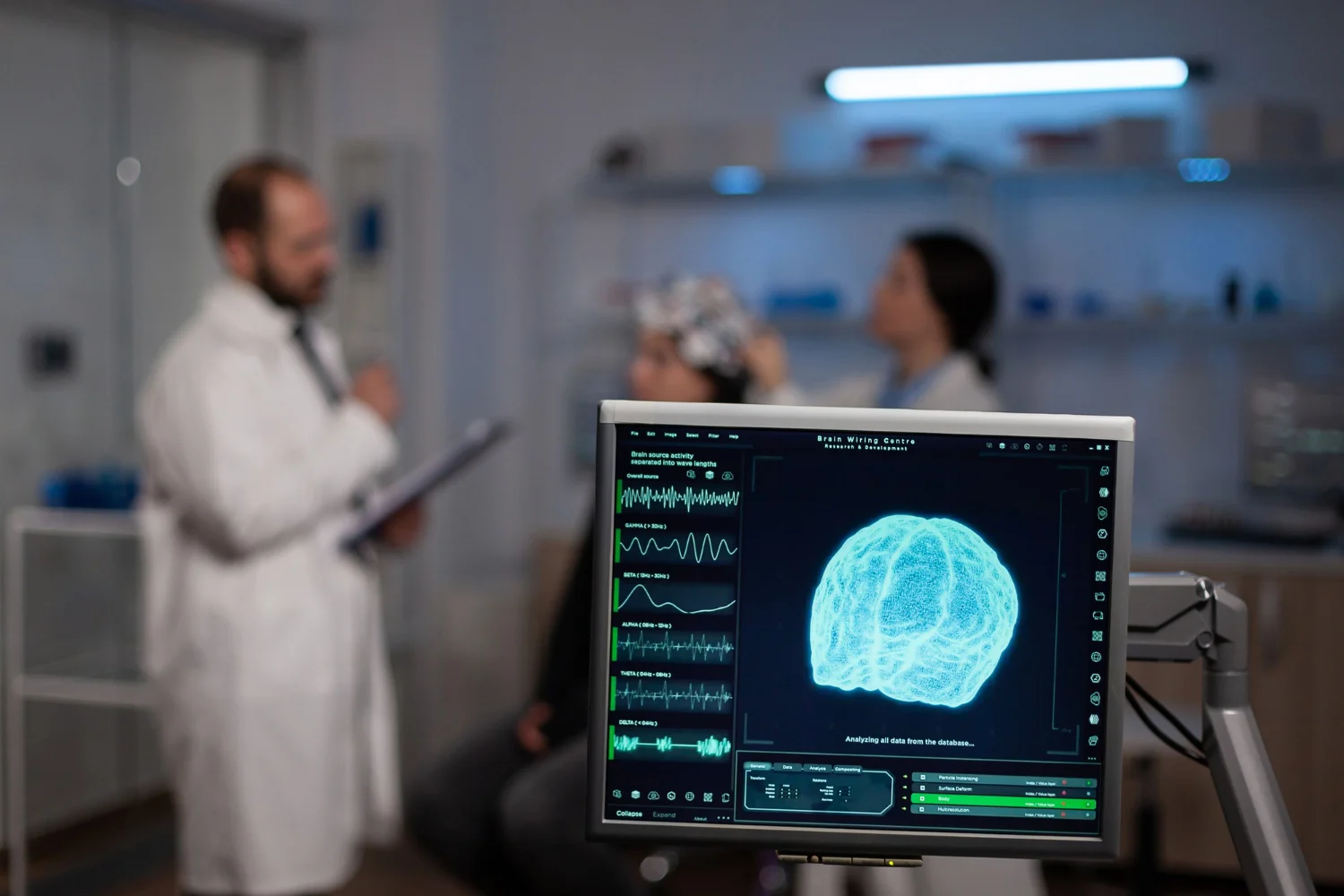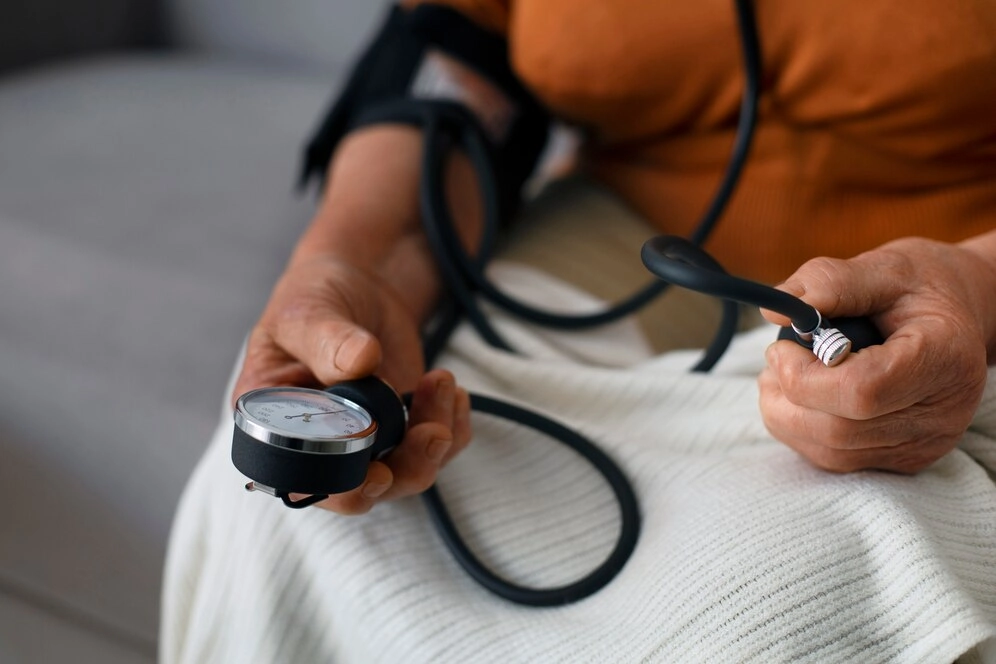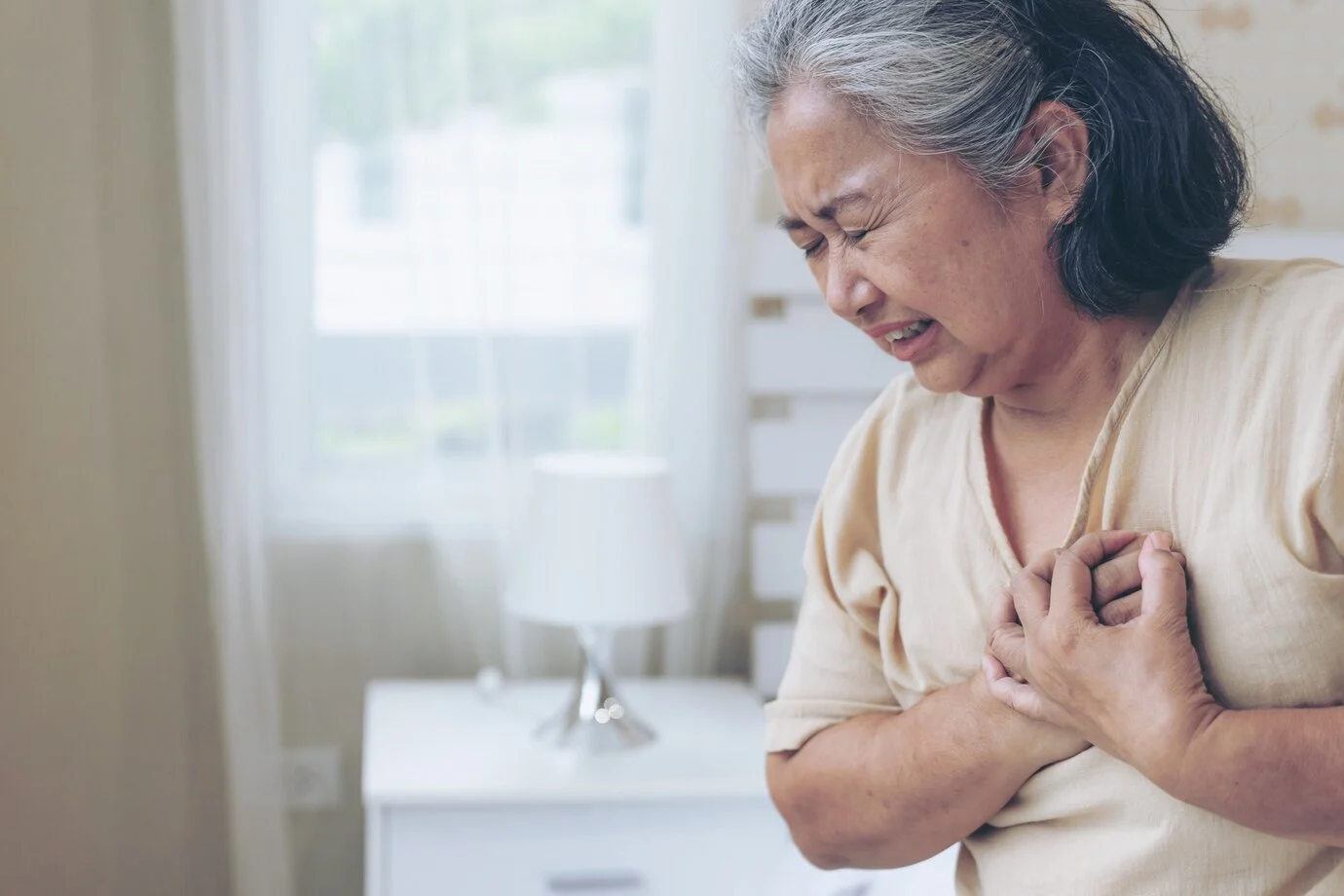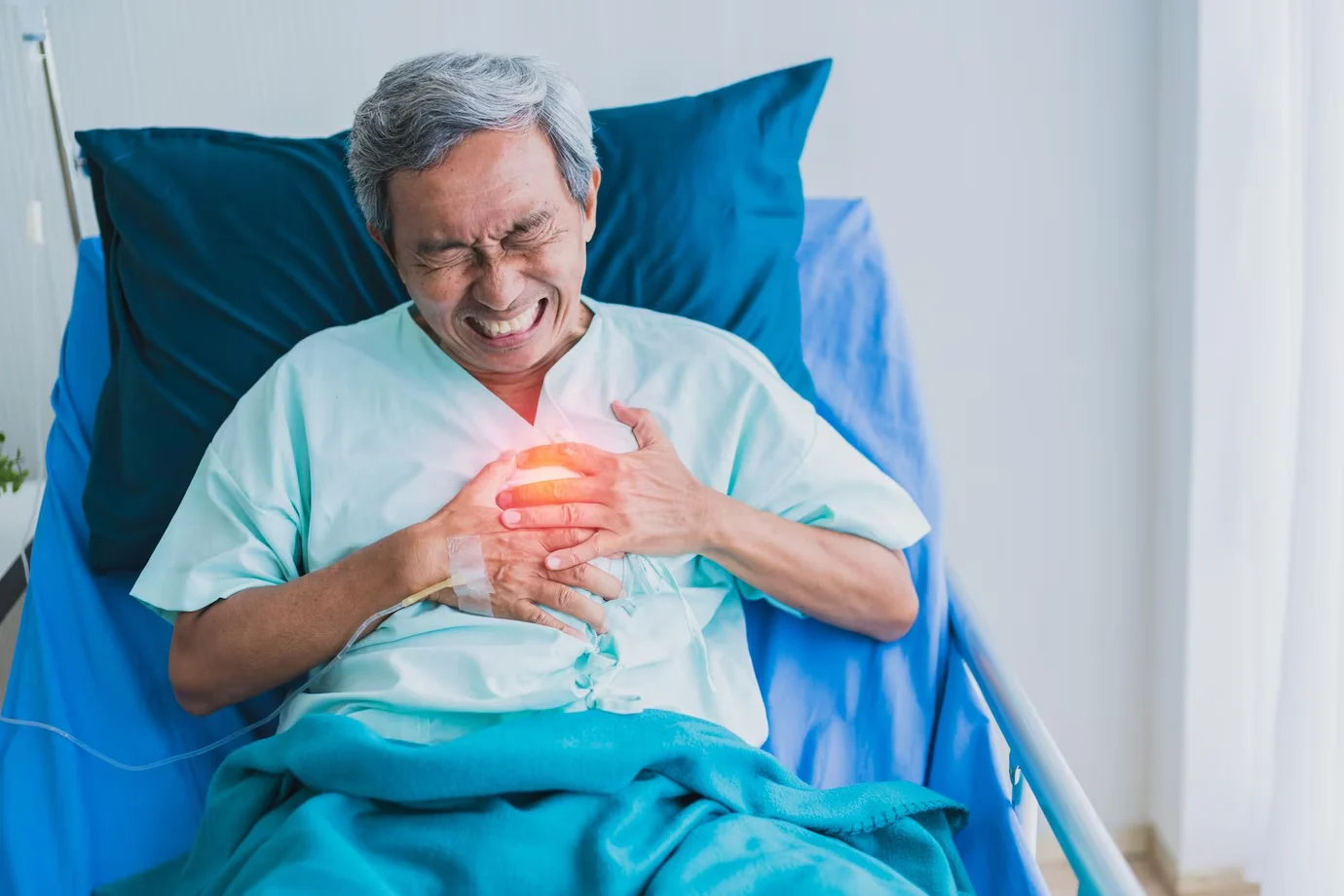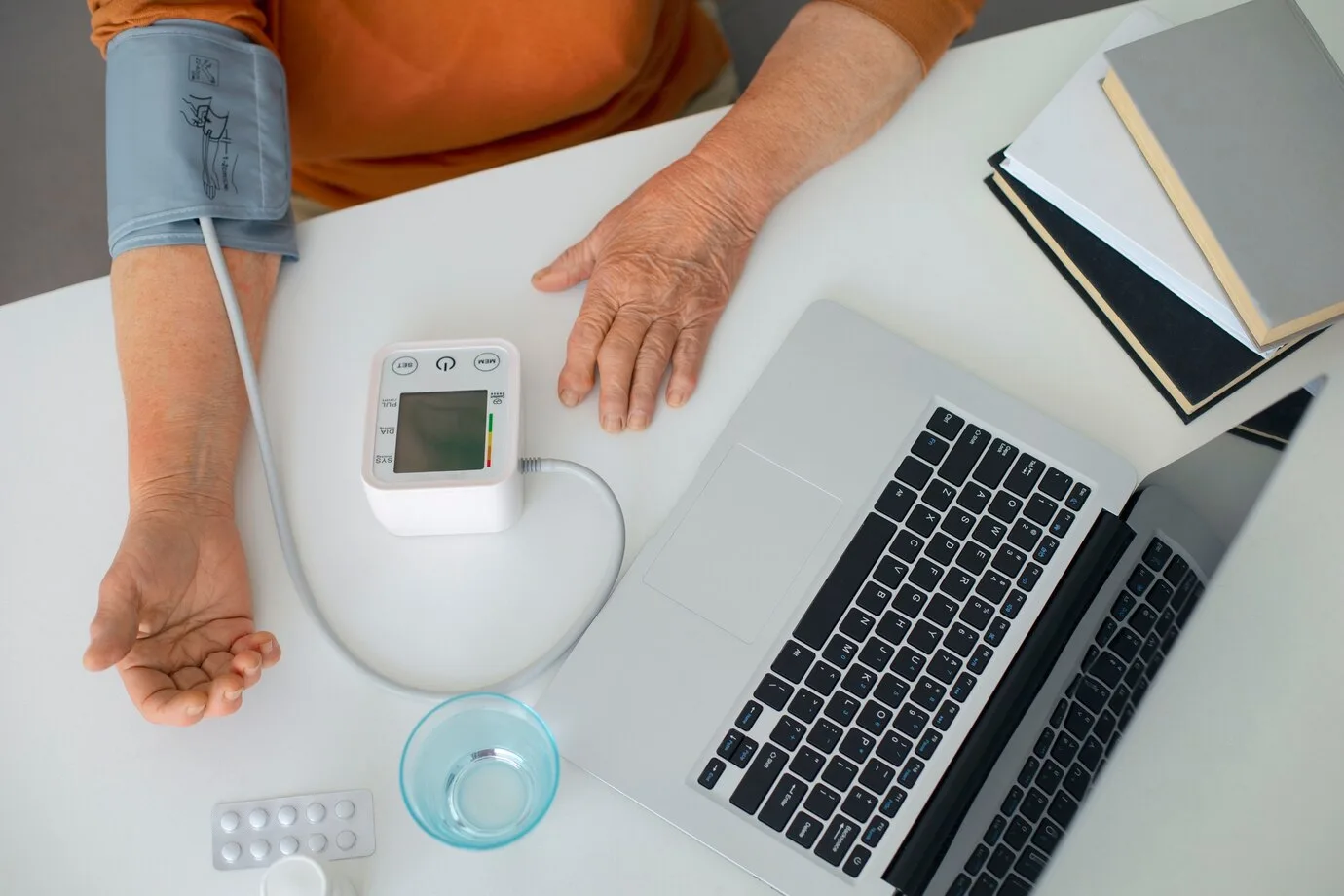What Are The Symptoms Of A Heart Attack?
Category: Cardiology
Heart attacks, also known as myocardial infarctions, are among the leading causes of death globally—and often strike without warning. But did you know that your body sends signals well before a heart attack occurs? Recognizing these symptoms early can save lives. In this blog, we’ll explore the warning signs of a heart attack, how symptoms vary in men and women, and when to seek emergency care.
Understanding these symptoms is not just medical knowledge—it’s life-saving awareness. Whether you’re searching for answers for yourself or a loved one, this blog covers what, why, and when regarding heart attack symptoms, making it an essential read for heart health.
When it comes to expert diagnosis, emergency care, and cardiac rehabilitation, Lokmanya Hospital stands out as one of the best hospitals for heart treatment in Pune. With a state-of-the-art cardiac care unit and a team of leading cardiologists, Lokmanya ensures immediate and advanced care when it matters most.
Common Symptoms of a Heart Attack
Heart attack symptoms may begin slowly with mild discomfort or strike suddenly. These symptoms vary from person to person, which is why awareness is crucial.
1. Chest Pain or Discomfort
What it feels like: Pressure, tightness, squeezing, or aching in the center or left side of the chest.
Why it matters: Chest pain is the most classic and common symptom. It usually lasts more than a few minutes or may go away and return. This discomfort indicates that your heart isn’t getting enough oxygen-rich blood.
2. Shortness of Breath
What it feels like: Difficulty breathing, even when resting or during minimal physical activity.
Why it matters: This occurs when the heart struggles to pump blood, affecting oxygen levels. In many cases, shortness of breath precedes or accompanies chest pain.
3. Pain in Arms, Back, Neck, Jaw, or Stomach
What it feels like: Radiating pain not confined to the chest.
Why it matters: Women are more likely than men to experience heart attack symptoms without chest pain. These radiating pains can be misleading but are critical red flags of a heart attack.
4. Cold Sweat
What it feels like: Unexpected sweating similar to stress-induced perspiration.
Why it matters: A heart attack triggers your nervous system, causing you to break into a sweat. This is not your usual sweat from exertion or heat—it’s sudden and without a clear cause.
5. Nausea or Lightheadedness
What it feels like: Feeling faint, dizzy, or even vomiting.
Why it matters: These symptoms often occur in women. The lack of blood flow and oxygen can make you feel unsteady or sick to your stomach.
6. Fatigue
What it feels like: Unusual tiredness even after light tasks.
Why it matters: Fatigue, especially in women, may indicate a slow-developing heart problem. If you're constantly exhausted despite rest, it's a sign to consult a heart specialist immediately.
Silent Heart Attacks: A Hidden Danger
Some people suffer a “silent heart attack” with minimal symptoms. It may be mistaken for indigestion, muscle pain, or stress. These cases are often discovered only through ECGs or routine check-ups. Lokmanya Hospital offers advanced cardiac screenings to detect such silent threats early.
Heart Attack Symptoms in Women vs. Men
It’s essential to understand that symptoms in women can be different from men:
Women often report nausea, back pain, and fatigue.
Men typically experience intense chest pain and arm discomfort.
This makes early diagnosis and gender-specific treatment critical—something Lokmanya Hospital excels at with its personalized cardiology programs led by top heart specialists in Pune.
When Should You Seek Medical Attention?
Don’t wait for symptoms to worsen. Call emergency services immediately if:
- Chest pain lasts more than 5 minutes
- Breathing becomes difficult
- There's sudden dizziness or fainting
- You feel severe anxiety or impending doom
Early intervention saves lives. Lokmanya’s 24/7 cardiac emergency services and best-in-class heart attack treatment ensure rapid response and better recovery.
How to Reduce Your Risk of a Heart Attack?
Besides recognizing the symptoms, it’s equally important to focus on prevention. Here’s how:
- Eat a heart-healthy diet: Low in saturated fats and high in fiber
- Exercise regularly: At least 30 minutes a day
- Quit smoking: Smoking is a major risk factor
- Manage blood pressure and cholesterol: Get regular health check-ups
- Stay stress-free: Yoga and meditation can help
- Maintain a healthy weight: Especially if you’re diabetic or hypertensive
Why Choose Lokmanya Hospital for Heart Attack Treatment?
1. Immediate and Comprehensive Cardiac Care
Lokmanya Hospital is one of the best cardiology hospitals in Pune, equipped with a dedicated Cardiac Emergency Unit, advanced Cath Labs, and an in-house cardiac ambulance service. From diagnosis to angioplasty and rehabilitation, the hospital ensures a seamless care journey.
2. Top Cardiologists and High Success Rate
At Lokmanya, you’ll be treated by some of the top heart specialists in Pune, with years of experience in handling complex heart conditions. Their track record of successful emergency heart procedures makes them the most trusted name in cardiac care across Maharashtra.
Conclusion
Heart attack symptoms can be subtle or intense—but they’re never to be ignored. Understanding what your body is trying to tell you can make the difference between life and death. Whether it's chest discomfort, shortness of breath, or fatigue, these are all calls to action.
Trust Lokmanya Hospital—your partner in cardiac care. With state-of-the-art facilities, experienced cardiologists, and 24/7 emergency services, Lokmanya is rightly counted among the best hospitals for heart attack treatment in Pune. Your heart deserves nothing less than the best.
FAQs
1. What are the common symptoms of a heart attack?
Common symptoms include chest pain or discomfort, shortness of breath, pain in the arms, back, neck, jaw, or stomach, cold sweat, nausea, dizziness, and unusual fatigue.
2. How do heart attack symptoms differ between men and women?
Men usually experience intense chest pain and arm discomfort, while women are more likely to have symptoms like nausea, back pain, fatigue, and shortness of breath without chest pain.
3. Can a heart attack happen without chest pain?
Yes, especially in women and older adults, heart attacks can occur with mild or no chest pain, sometimes known as a "silent heart attack."
4. When should I seek emergency care for heart attack symptoms?
Seek immediate medical help if chest pain lasts more than 5 minutes, or if you experience difficulty breathing, sudden dizziness, fainting, or severe discomfort.
5. Why choose Lokmanya Hospital for heart attack treatment?
Lokmanya Hospital offers advanced cardiac care, 24/7 emergency services, and experienced cardiologists, making it one of the best hospitals for heart treatment in Pune and Maharashtra.
Previous blog
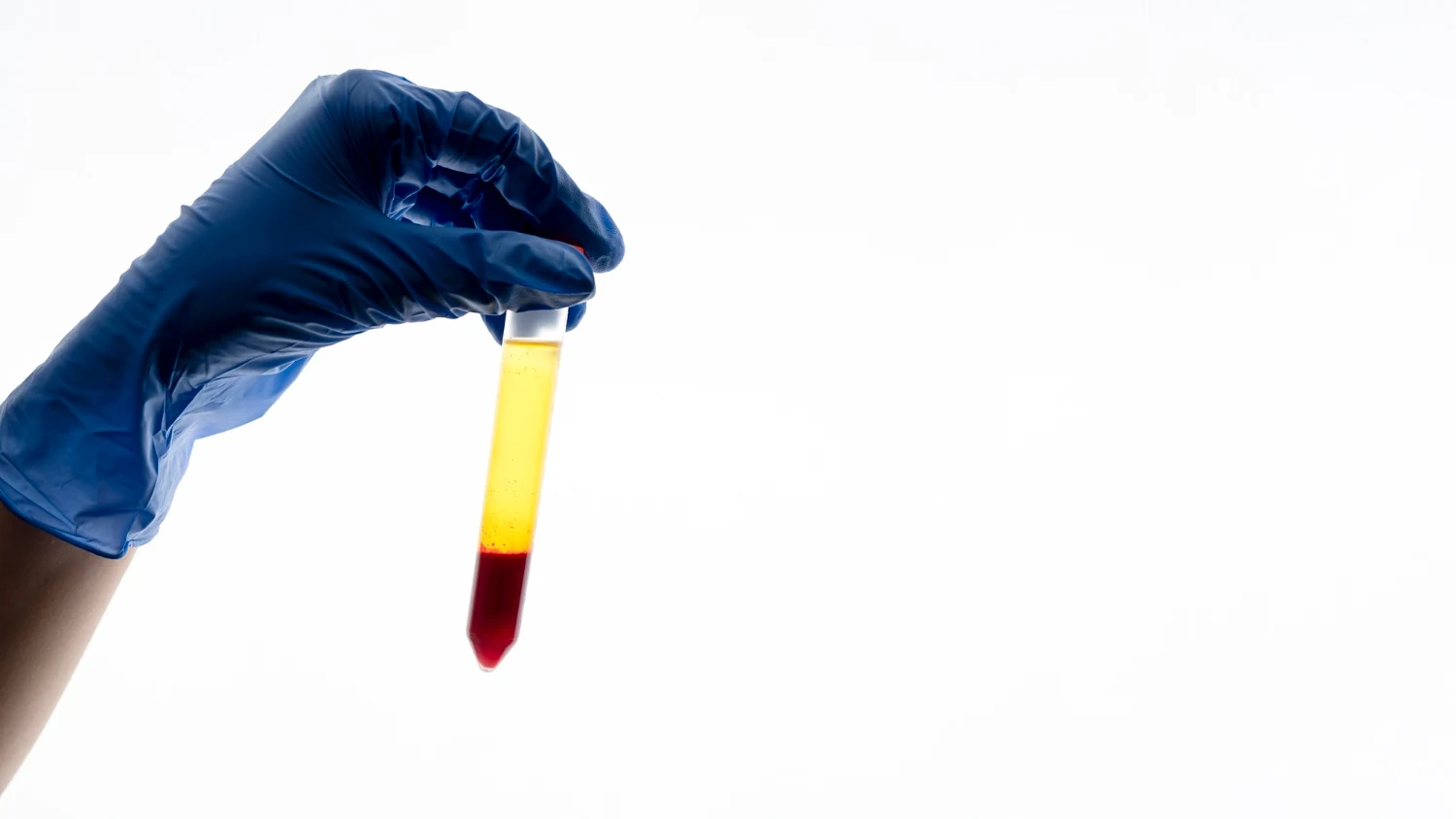
What Causes Hematuria?
Next blog
